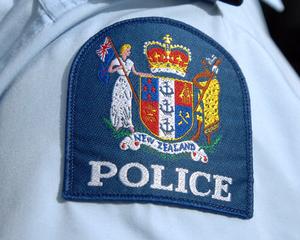Search and Rescue (SAR) category one and two operations in the Southern region cost $558,371 and $32,524 - a cost that covered 165 operations.
A total of 1684 land and marine search and rescue incidents occurred for the period 2011-12, which was a 6.5% decrease on the previous year and cost just over $3 million.
The two categories are divided between incidents which require only police resources and no outside help, and incidents that require the Rescue Co-ordination Centre to provide assistance.
The New Zealand Police national co-ordinator for search and rescue, Bruce Johnston, said the expenditure for the Southern region could be attributed to its larger geographical spread and the terrain in Fiordland, where many of the rescues took place.

Costs were calculated through collating the police man hours, helicopter hours, medical staff and other resources that were required.
Mr Johnston said SAR operations in Fiordland often required more resources, man hours and time to search the dense terrain, which meant extra cost.
Much of the expense for the Southern region was from marine SAR operations, even though the 37 marine rescues accounted for just 22% of the total number of SAR operations for Southern. A total of 128 land operations were undertaken by police and outside rescuers.
Statistics released to the Otago Daily Times under the Official Information Act by Maritime New Zealand show during the same period 29 SAR operations were undertaken in Fiordland alone, most of which were a result of personal locator beacon callouts.
Police statistics show that nationally boating, tramping and fishing were the first, second and third causes, respectively, of SAR callouts. People in the 20 to 29-year-old age bracket were responsible for the most SAR operations - 554, out of a national total of 2252. Of the total, 1715 were male.



